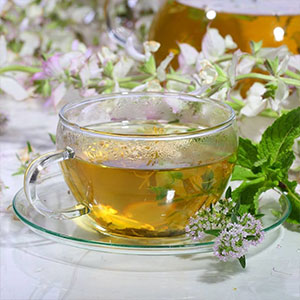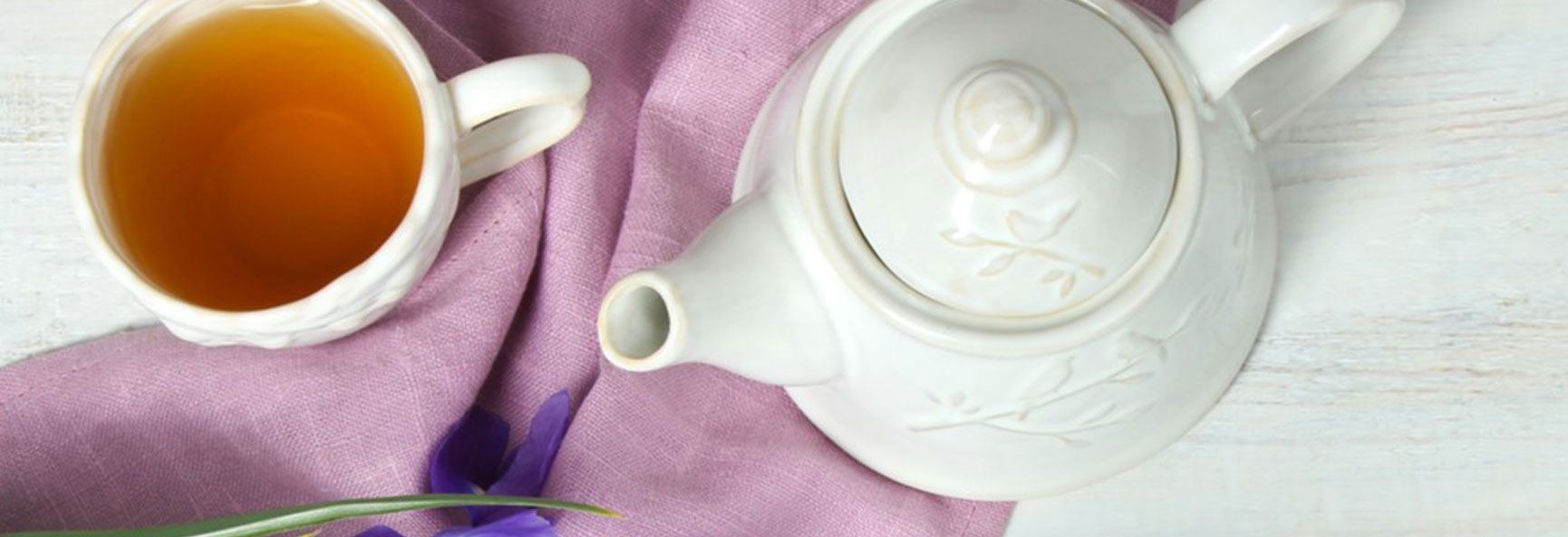Who amongst us has not felt frazzled, drained, and stressed out just from living and coping in this fast paced world? Little did we know that a daily cup of tea can soothe those tense nerves and help improve our health? With their great taste and definite health benefits, stress relieving teas help to reduce stress hormones back down to normal levels. The ingredients found in such a small teabags can do wonders for your health as has been proven through various scientific studies.
A study carried out in Japan and published in the American Journal of Clinical Nutrition revealed that out of 42,093 people, 2774 were suffering from stress. This figure was significantly lower amongst green tea drinkers. The Psychologist Dr. Malcolm Cross, of City University London, also conducted a study after which he stated simply that the findings show us what most mothers would tell us: “if you’re stressed, anxious or just feeling blue, make yourself a nice calming brew.”

Stress is a natural physical and mental reaction to life experiences. When stress hits, the whole body and mind are affected. The stress hormones cortisol and adrenaline rev up the heartbeat and send blood rushing to the areas that need it most; muscles, the heart, and other important organs causing symptoms such as anxiety, insomnia, digestive problems and irritability. But just brewing a nice cup of tea or sipping a cold glass of ice tea can go a long way as the catechins in herbal teas specifically target stress responses.
The best teas for stress are herbal teas made from plants from around the world. Herbal teas are as important as the typical tea leaves with which we most familiar. They are made from roots and leaves of plants that have been confirmed by modern medical studies to have stress-busting properties. These teas are naturally caffeine free, unlike standard green and black teas. Camomile tea for example, is the most popular herbal tea with calming properties that promote relaxation and sleep – the opposite effects of boosting mood and energy; all of which can help improve your ability to cope with stress and reduce its effects.
Though these herbal teas are generally safe for most adults, their interaction with prescription medication has not been thoroughly studied. So if you are taking any medication, it is wise to let your doctor know that you are trying out herbal remedies for your anxiety and stress.

“A cup of tea really can help reduce stress at times of crisis, claim scientists” (26 November 2017). The Telegraph – Richard Alleyne. (Retrieved 29 November 2017) from http://www.telegraph.co.uk/news/science/science-news/6015821/A-cup-of-tea-really-can-help-reduce-stress-at-times-of-crisis-claim-scientists.html.
“Top 10 Stress Relieving Teas” AHEALTHYUS. (Retrieved 29 November 2017) from http://www.ahealthy.us/top-10-stress-relieving-teas/.
“Could tea be the answer to stress?” (23rd Jun 2015). Expertrain – Paula Beaton. (Retrieved 29 November 2017) from http://www.expertrain.com/blog/health/reduce-stress-with-tea.html
“6 Amazing Benefits of Tea” (30 June 2013 updated 30 August 2013). Huffpost – Kristin Kirkpatrick, M.S., R.D., L.D. (Retrieved 29 November 2017) from https://www.huffingtonpost.com/kristin-kirkpatrick-ms-rd-ld/tea-health-benefits_b_3504917.html.
“Best Tea for Stress and Anxiety” (22 OCTOBER 2017). True Stress Management. (Retrieved 29 November 2017) from http://truestressmanagement.com/best-tea-for-stress/
“Tea Types for Better Health – Health Benefits of Chamomile Tea” (06 August 2014). Call my Family Doctor – Shikha Yadav. (Retrieved 04 December 2017) from http://callmyfamilydoctor.com/blog/category/health-drinks-2/tea-types/
“The Effects of Stress on Your Body” (05 June 2017). Healthline – written by Ann Pietrangelo and Stephanie Watson and medically reviewed by Timothy J. Legg, PhD, CRNP. (Retrieved 29 November 2017) from https://www.healthline.com/health/stress/effects-on-body
